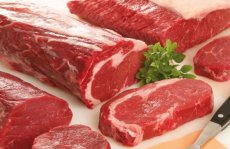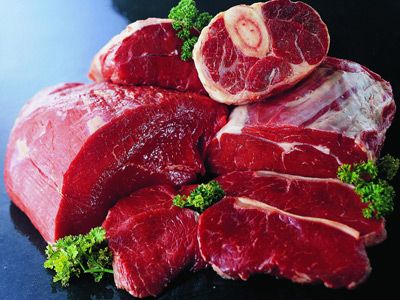Genes tell about the taste of beef
Last reviewed: 23.04.2024

All iLive content is medically reviewed or fact checked to ensure as much factual accuracy as possible.
We have strict sourcing guidelines and only link to reputable media sites, academic research institutions and, whenever possible, medically peer reviewed studies. Note that the numbers in parentheses ([1], [2], etc.) are clickable links to these studies.
If you feel that any of our content is inaccurate, out-of-date, or otherwise questionable, please select it and press Ctrl + Enter.

The meat industry uses high technologies to determine the quality of meat products. They are based on "marble", slaughter weight and the structure of muscle tissue. However, traditional approaches are not enough to constitute worthy competition on an industrial scale.

"In the meat industry, it is very important to accurately predict the quality and taste of the meat supplied before it reaches the food store shelves," says Geraldine Duffy, lead author of the study, director of the research nutrition center in Dublin, Ireland.
In the course of the research, a team of scientists led by Jean-François Oquette selected 3,000 genes that can affect the aroma, tenderness and juiciness of meat - the main criteria by which the quality of meat products is evaluated.
Also, the researchers discovered so-called heat shock proteins, the expression of which increases with increasing temperature. This additional family of genes is also one of the main determinants of the quality of meat products.
The work of the team of French scientists led to the development of a DNA chip capable of quickly analyzing the activity of selected genes in beef samples. In parallel, the group of experts tested the same sample of beef and gave an assessment of quality. Then the scientists compared two sets of data, from genetic analysis to a more primitive sensory evaluation.
It turned out that genetic analysis can really give a more detailed idea of the quality of meat.
"The next step is to combine all these markers and use the algorithm to predict the quality of the meat," says Dr. Jean-Francois Ockett. "Some genetic tests to determine the quality of products are already available, but they are based only on a few markers and do not work for most breeds used in the EU," he adds.
Ultimately, one of the goals of scientists is now to create a consumer-oriented label of certification that will include genetic criteria for the quality of the meat product.

 [
[